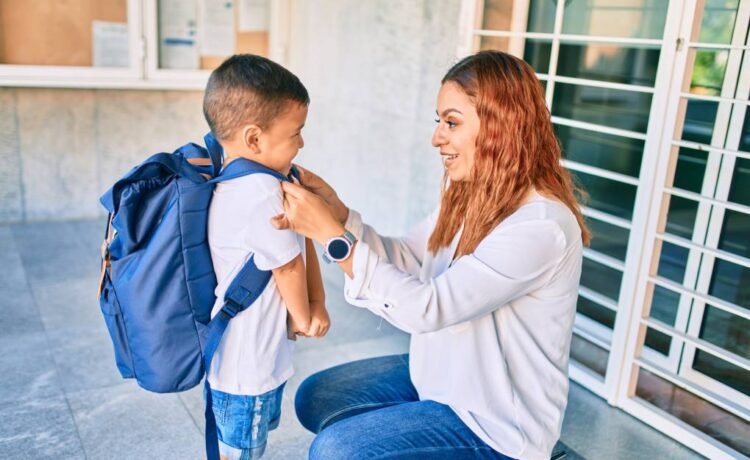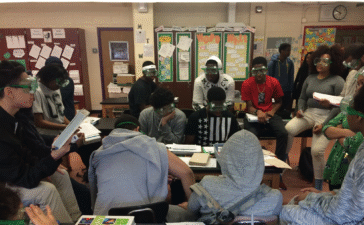This post was originally published by Parenting Translator. Sign up for the newsletter and follow Parenting Translator on Instagram.
Most days being a parent can feel like the most thankless job in the world. You are working tirelessly and pouring our heart and soul into giving your children everything, yet it is rare to even get a “thanks,” much less a heartfelt acknowledgement of everything you have done for your children. Of course, it would be nice to hear “thank you” every once in a while, but does experiencing gratitude from those you love really matter?
Previous research has found that hearing “thank you” or any expression of gratitude may be important for relationship quality between romantic partners, but what about the relationship between parent and child or what about the relationship quality between two partners who are also parents? A study recently published in The Journal of Positive Psychology addressed this question by examining whether hearing “thank you” was linked to any positive outcomes such as improved relationships, less parenting stress or better psychological well-being.
Study details
This study included 593 parents of children from ages 4 to 17 years. All parents in this study were married or in a romantic relationship. The parents filled out a questionnaire about whether their family members expressed gratitude to them, that is the extent to which their partner or children expressed appreciation and acknowledgment of the work they did for the family. The researchers also asked about their relationships with their partner, their level of parenting stress and whether they had any symptoms of psychological distress (translation: feeling nervous, hopeless, or depressed). The researchers divided children into a younger group (4 to 12 years) and an older group (13 to 17 years) to examine whether the age of the children had any impact.
Main findings
The researchers found the following:
- Gratitude from children (both older and younger) is linked to lower parenting stress. This seems to be particularly true for gratitude from older children.
- Gratitude from romantic partners and older children is linked to lower levels of psychological distress. This means that gratitude from your family members is linked to a lower likelihood of feeling nervous, hopeless, or depressed.
- Gratitude from a romantic partner or spouse is linked to better relationship quality, but not lower parenting stress. This backs up previous research and extends it to relationships in the context of parenting.
- Mothers feel less appreciated than fathers. Mothers reported lower levels of gratitude from partners and older children.
- Gratitude may matter more for mothers than fathers. Gratitude seemed to have a greater positive impact for mothers than fathers.
Overall translation
The takeaway message here is that it really does matter whether you hear “thank you” as a parent. Feeling like your children and partner are grateful for all of the work that you do is linked to improved relationship quality, lower parenting stress and a lower risk for psychological distress. There seem to be unique benefits for feeling gratitude from your partner versus your children, so it may be important to receive gratitude from both. In terms of gratitude from your children, it seems to be more meaningful when it comes from older, teenage children. This may be because older children can articulate gratitude more sincerely and specifically than younger children. Finally, gratitude may be harder-won and more meaningful for mothers than fathers. Research finds that mothers take on about twice as much household labor as fathers on average, so it makes sense that they would expect gratitude more and appreciate it more when they receive it.
You Might Also Like
Supporting Teachers to Prevent Burnout and Finish the School Year Strong
contributed by Vivian Ivey, Principal, Aloma High School, Orlando, FL It’s no surprise that teachers are facing growing pressures. They...
Parents Trust Report Cards More Than Standardized Test Scores — With Consequences for Kids
The findings appear in a draft paper that has not yet been published in a peer-reviewed journal and may still...
How School Boards Can Bring Differing Views Together
Episode Transcript This is a computer-generated transcript. While our team has reviewed it, there may be errors. Marlena Jackson-Retondo: So...
When Difference Can School Size Make in a Student’s Life?
The longer-term picture is more sobering. Although more students enrolled in both four- and two-year colleges, small school alumni did...










